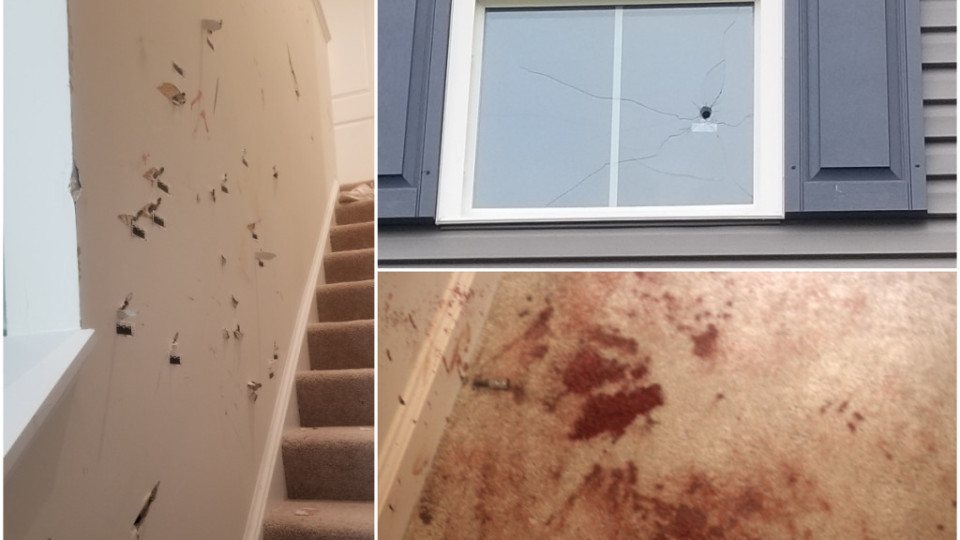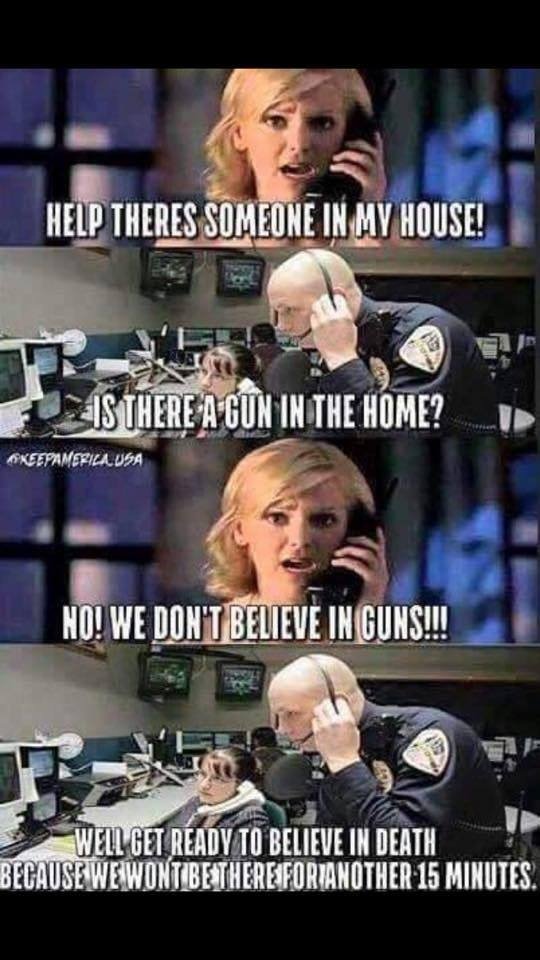Understanding the Law: Castle Doctrine and the Use of Force

The legal framework surrounding the use of force in self-defense is known as the Castle Doctrine. This doctrine is enshrined in Virginia law under the “castle doctrine statute,” codified as Virginia Code § 18.2-100. The essential principle of the Castle Doctrine is that a person has the right to use deadly force to defend themselves, their family, and their property from an intruder in their home or curtilage.

Key Elements of Virginia’s Castle Doctrine:

Imminence of Threat: The use of deadly force is justified only when there is an imminent threat of serious bodily harm or death to the defender or another person present in the dwelling. Mere trespass or property damage alone is not sufficient to justify deadly force.
Reasonable Belief of Danger: The defender must genuinely and reasonably believe that they are in imminent danger of being killed or seriously injured by the intruder. This assessment is based on the totality of the circumstances as perceived by the defender at the time of the incident.
No Duty to Retreat: Unlike some states, Virginia law does not impose a duty to retreat before using deadly force in self-defense in one’s home or curtilage. This means that a person is not required to attempt to flee or escape before resorting to deadly force if they reasonably believe their life or safety is in jeopardy.
Curtilage Protection: The Castle Doctrine extends the protection of a person’s home to the curtilage, which includes the surrounding property and outbuildings that are closely associated with the dwelling and used for domestic purposes.
Important Considerations:
Duty to Communicate: If possible, the defender should attempt to communicate their intent to use force before resorting to deadly force. This can be a warning to the intruder or calling law enforcement. However, this duty to communicate does not apply if doing so would place the defender at risk of imminent harm.
Proportionality of Force: The force used in self-defense must be proportionate to the threat posed by the intruder. If the intruder is unarmed and does not pose an immediate threat of serious bodily harm, the use of deadly force is likely not justified.
Post-Shooting Obligations: After a deadly force incident, the defender is required to call 911 and cooperate with law enforcement during the investigation. Failure to do so could result in criminal charges.
It’s crucial to note that the Castle Doctrine does not grant a license to kill indiscriminately. The use of deadly force is only justified when the other elements of self-defense are met, and it is always subject to review by law enforcement and the courts. If you’re ever facing a situation where you believe deadly force is necessary to protect yourself or others, it’s essential to seek legal advice to ensure your actions are in compliance with the law.






